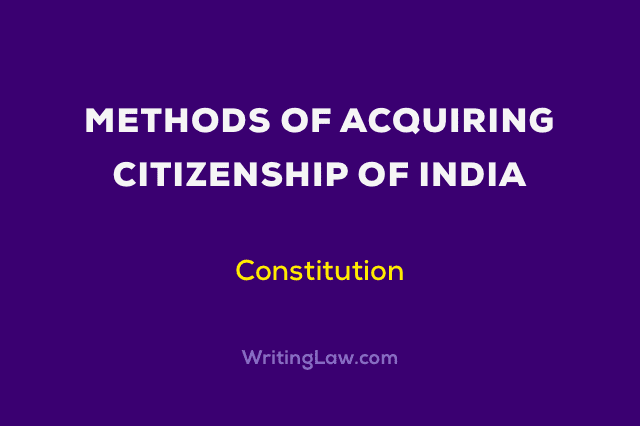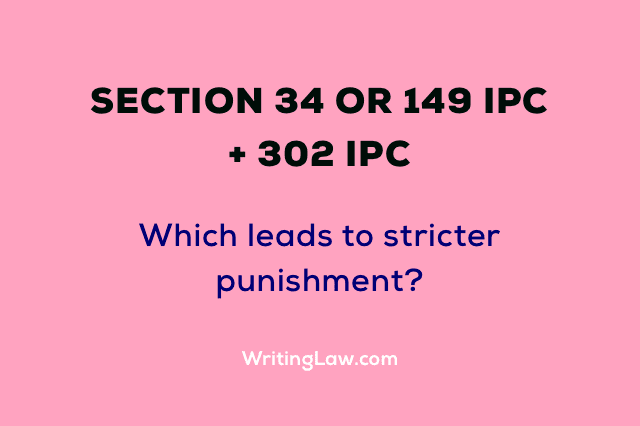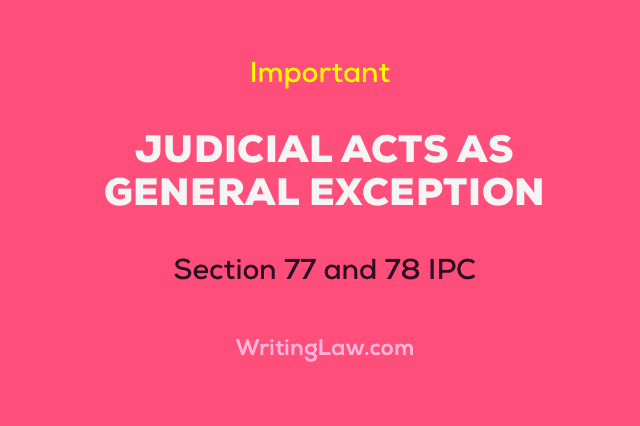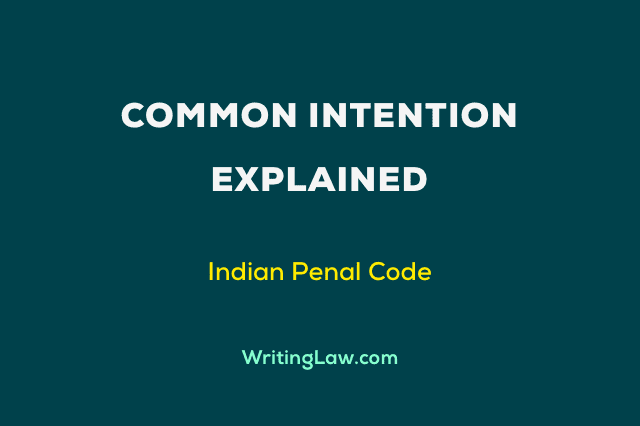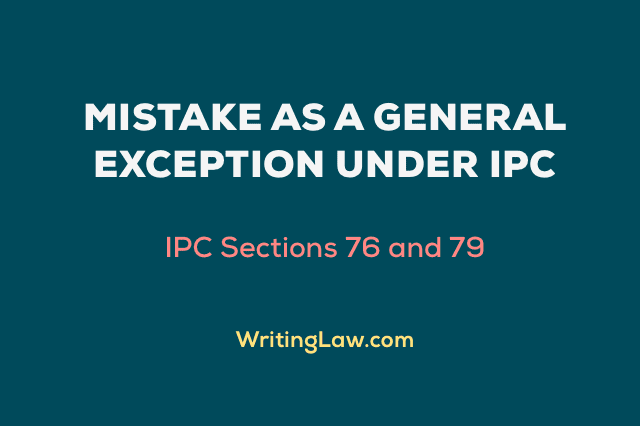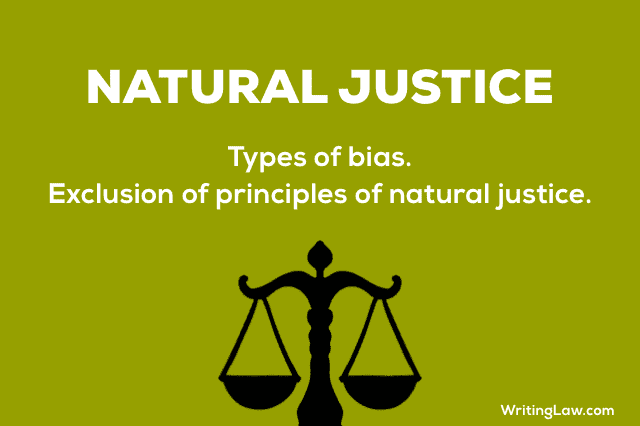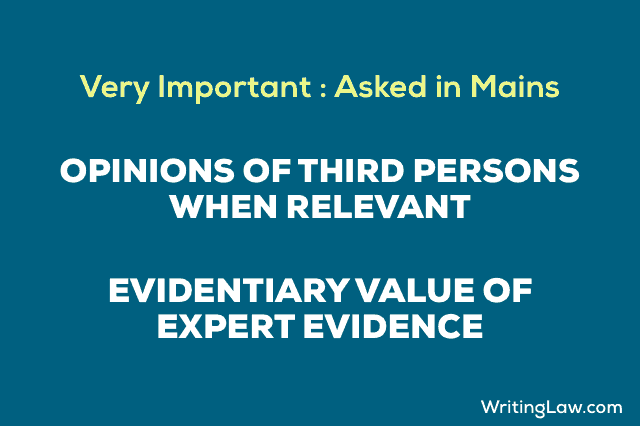Necessity as General Exception – Section 81 IPC
A necessity in a general sense can be said to be the state or fact of being required. When a person commits a crime or any harm to any person or property to prevent or avoid more significant harm than what has been caused by him, the defence of necessity is applied.
This section incorporates a principle whereby a person is excused from doing lesser harm to prevent or avoid greater harm. You can understand necessity as an exception to IPC from section 81 (Chapter IV, General Exceptions).Read More →





